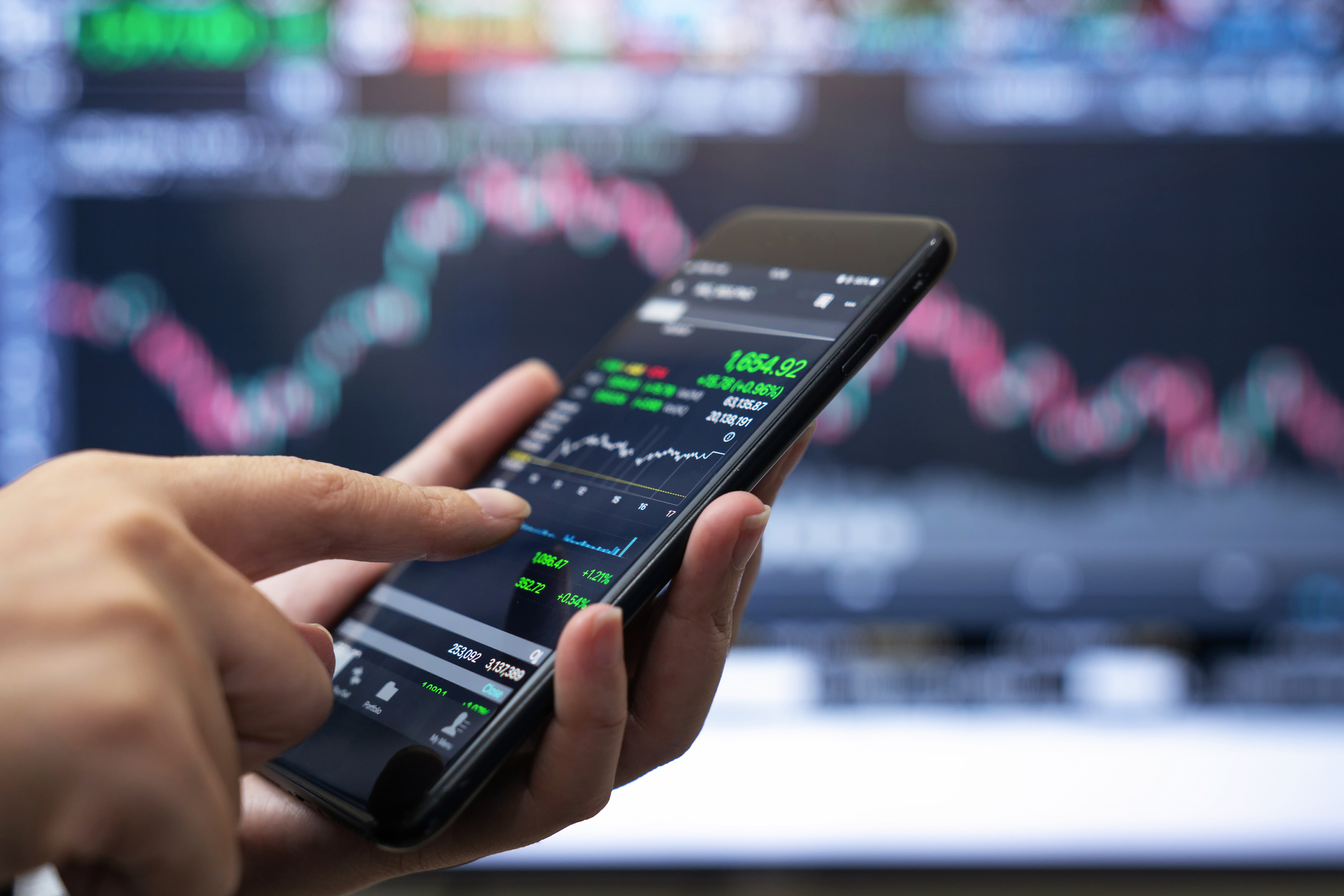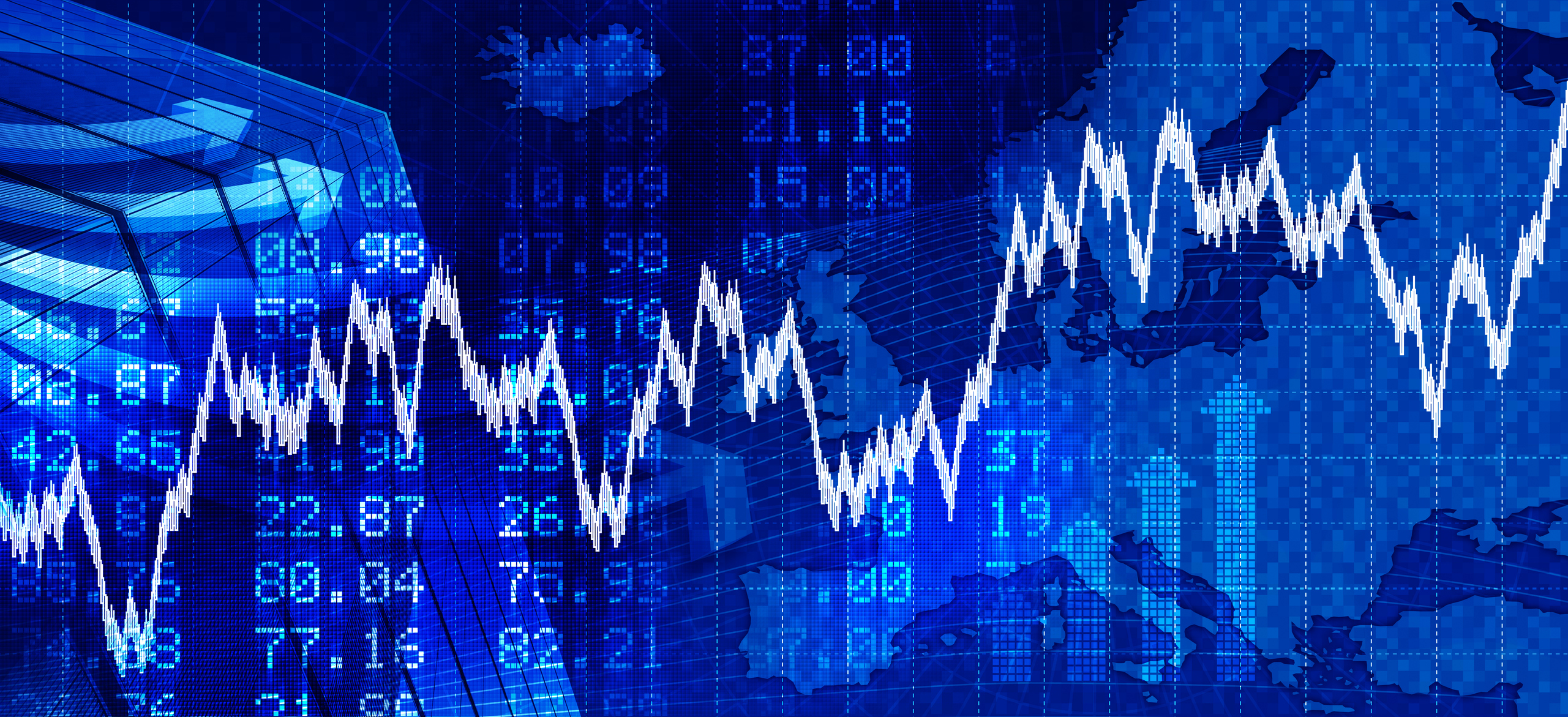Gold - the trade of the decade
Whatever happens in the short term, the next decade should be another good one for gold. So it's worth stocking up when the price dips, says Merryn Somerset Webb.

Get the latest financial news, insights and expert analysis from our award-winning MoneyWeek team, to help you understand what really matters when it comes to your finances.
You are now subscribed
Your newsletter sign-up was successful
Want to add more newsletters?

Twice daily
MoneyWeek
Get the latest financial news, insights and expert analysis from our award-winning MoneyWeek team, to help you understand what really matters when it comes to your finances.

Four times a week
Look After My Bills
Sign up to our free money-saving newsletter, filled with the latest news and expert advice to help you find the best tips and deals for managing your bills. Start saving today!
Back in 2000, Bill Bonner announced his trade of the decade. It was a simple one: sell dollars, buy gold.
It turned out to be a good plan. In 2000, you could buy an ounce of gold for $280 (the average price over the year). Now, it will cost you $1,125. At the time, Bonner saw what most others did not. He saw the US not as an economy carefully and cleverly managed by then Federal Reserve chairman Alan Greenspan and his passion for low interest rates, but as a massive credit bubble waiting to burst.
He also saw the massive and growing national debt, the trade and budget deficits, and fast growth in the money supply as factors that would naturally debase the dollar over the long term. He also saw the credit bubble as global rather than peculiar to America.
MoneyWeek
Subscribe to MoneyWeek today and get your first six magazine issues absolutely FREE

Sign up to Money Morning
Don't miss the latest investment and personal finances news, market analysis, plus money-saving tips with our free twice-daily newsletter
Don't miss the latest investment and personal finances news, market analysis, plus money-saving tips with our free twice-daily newsletter
So it made sense to him to hold the only non-paper currency there is gold. Bonner had a good decade, making returns of 400% plus. The question now is: Will he have another one?
I suspect he might. Why? Because he's going for the same trade of the decade for the next ten years as he has for the past ten.
This makes complete sense: nothing has changed since he made his first gold call except for the scale of the currency debasing going on around the world. Think ultra low interest rates almost everywhere, the money printing exercise that is quantitative easing, and the whopping rises in national debt levels the arguments are all pretty well-rehearsed these days.
Special FREE report from MoneyWeek magazine: When will house prices bottom out - and how will you know?
- Why UK property prices are going to fall 50%
- When it will be time to get back in and buy up half price property
Another reason to suspect this next decade could go Bonner's way is that he and the other gold bugs are no longer alone in their hoarding of gold central banks have become net buyers for the first time in many years and fund managers are beginning to wake up to the idea that gold can hedge them against a great many nasty things.
Still, however compelling the case, one thing to bear in mind for this gold bull market is that it is likely to be very volatile. Why? Exchange traded funds (ETFs). These funds which are much easier to buy and sell than physical gold didn't exist last time round, but this time they are huge: ETF Securities says it has $9.5bn worth of physical gold holdings backing up its products. That means that as investors fall in and out of love with gold, and trade ETFs that have to be physically backed, the gold price could gyrate violently.
Note that gold has already fallen back from its high of just over $1,200 back to $1,130. Note too that, in the short term, it may well continue to fall. I mentioned in late October that I expected to see a short-term snap back in the dollar that has happened, and as the dollar has strengthened, so the gold price has fallen. However, whatever happens in the short term, in a period of financial uncertainty on today's scale, I just don't think you can be without a proper precious metal.
I favour gold simply because it has no purpose other than to be an alternative currency, but there is also a case to be made for silver should you want to diversify (although don't forget that physical silver, unlike gold, is subject to VAT). As they both fall back, it is probably worth stocking up on them at what I think will be temporarily lower prices. That's particularly the case given the announcements in last week's pre-Budget report. Gold pays no dividends so you can't be forced to pay income tax at 40% or 50% on it. Instead, any profits will be pure capital gains taxed at what now seems the very low rate of 18%.
This article was first published in the Financial Times
Get the latest financial news, insights and expert analysis from our award-winning MoneyWeek team, to help you understand what really matters when it comes to your finances.

-
 How a ‘great view’ from your home can boost its value by 35%
How a ‘great view’ from your home can boost its value by 35%A house that comes with a picturesque backdrop could add tens of thousands of pounds to its asking price – but how does each region compare?
-
 What is a care fees annuity and how much does it cost?
What is a care fees annuity and how much does it cost?How we will be cared for in our later years – and how much we are willing to pay for it – are conversations best had as early as possible. One option to cover the cost is a care fees annuity. We look at the pros and cons.
-
 How a dovish Federal Reserve could affect you
How a dovish Federal Reserve could affect youTrump’s pick for the US Federal Reserve is not so much of a yes-man as his rival, but interest rates will still come down quickly, says Cris Sholto Heaton
-
 'Investors should brace for Trump’s great inflation'
'Investors should brace for Trump’s great inflation'Opinion Donald Trump's actions against Federal Reserve chair Jerome Powell will likely stoke rising prices. Investors should prepare for the worst, says Matthew Lynn
-
 The challenge with currency hedging
The challenge with currency hedgingA weaker dollar will make currency hedges more appealing, but volatile rates may complicate the results
-
 Can Donald Trump fire Jay Powell – and what do his threats mean for investors?
Can Donald Trump fire Jay Powell – and what do his threats mean for investors?Donald Trump has been vocal in his criticism of Jerome "Jay" Powell, chairman of the Federal Reserve. What do his threats to fire him mean for markets and investors?
-
 Freetrade’s new easy-access funds aim to beat top savings rates
Freetrade’s new easy-access funds aim to beat top savings ratesFreetrade has launched an easy-access exchange traded fund (ETF) range - here’s how the ETFs work and how they compare to the savings market
-
 Go for value stocks to insure your portfolio against shocks, says James Montier
Go for value stocks to insure your portfolio against shocks, says James MontierInterview James Montier, at investment management group GMO, discusses value stocks and slow-burn Minsky moments with MoneyWeek.
-
 Where do we go from here?
Where do we go from here?Features A new series of interviews from MoneyWeek
-
 As China reopens, why pick an income strategy?
As China reopens, why pick an income strategy?Advertisement Feature Yoojeong Oh, Investment Manager, abrdn Asian Income Fund Limited